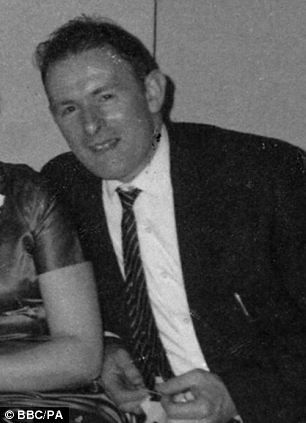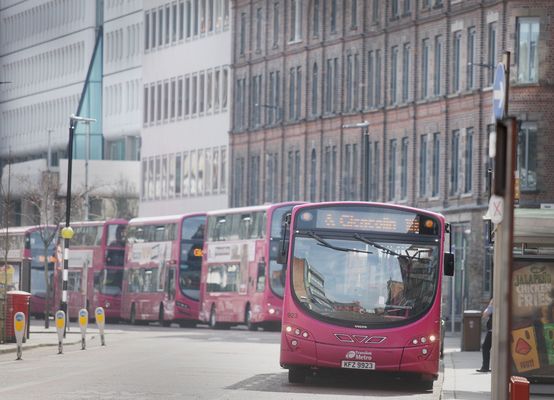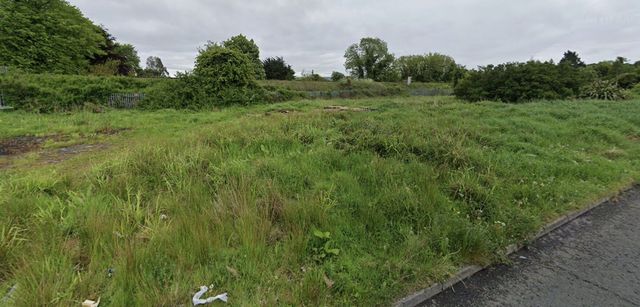THE decision to prosecute a former British soldier for the 1972 murder of a West Belfast man has been welcomed by campaigners and victims' groups.
Mr McVeigh had stopped to speak to unarmed members of the Catholic Ex-Servicemen’s Association, who were manning a civilian checkpoint, when plainclothes members of the covert MRF opened fire.
As well as killing Patrick McVeigh, four other men were shot and wounded. The unit also shot and injured a fifth man walking on the other side of the street.
A former soldier, referred to as 'Soldier F' is charged with murder as well as three other soldiers referred to as soldiers B, C and D. Soldier F is also being charged with the attempted murder of two people in a separate shooting at Slievegallon Drive in West Belfast, also in May 1972.
Bitter-sweet news as always for campaigning families - great heroes who have fought tirelessly for truth and justice for decades but still face the grave injustice of British state intransigence and its disgraceful Legacy Act #MRF #MilitaryReactionForce https://t.co/2phoQyVPDS
— Paper Trail (@papertrailpro) February 8, 2024
Ciarán MacAirt of Paper Trail (Legacy Archive Research), who has looked into the files involving the killing of Patrick McVeigh, said: “Mr McVeigh’s family along with the other families impacted by Britain’s Military Reaction Force have campaigned tirelessly for justice for over half a century. They are inspirations to all of our families who seek truth and justice.
"Secret British Army files Paper Trail discovered prove that the MRF deliberately targeted unarmed civilians including fathers and young teenagers. The British state then covered up these murders and attempted murders whilst its MRF continued unabated.
"Whilst we may hope that justice will finally prevail, Britain’s disgraceful Legacy Act is designed to deny these families equal access to due process of the law. Britain wants to bury its war crimes in Ireland and protect it killers.
"Few other extra-legal British Army units represent Britain’s dirty war in Ireland more than its MRF death squad. The families will continue their campaigns to expose them and hold them to account.”
Military reaction force members up for murder. A terrorist unit of the British Army https://t.co/GNvD77Izbv
— The Blindboy Podcast (@bbboatclub) February 8, 2024
West Belfast MP Paul Maskey welcomed the decision to prosecute the soldiers.
“I welcome today’s decision by the PPS to proceed with prosecuting a former British soldier for the murder of Patrick McVeigh in 1972, and the attempted murder of six others.
“Today belongs to the families who have been steadfast in campaigning for justice for over five decades with dignity and determination.
“Rulings like today is exactly why the British Government wants to slam the door shut on families ever getting justice with its sham Legacy Act which is about covering up the role of shadowy state forces, like the MRF, who were involved in the killing of Irish citizens.
“This cruel and cynical law is now subject to robust legal challenge in the courts through the Irish Government’s interstate case and by individual heartbroken families who have fought tooth and nail to hold the British state accountable for its actions.”
A significant development. Following decades of denial and delay these families have been vindicated. However the heinous and cruel Legacy Act will undermine that vindication - Our thoughts are with the survivors and the bereaved families today https://t.co/T6MSaGGqRd
— Relatives 4 Justice #NeverGivingUp (@RelsForJustice) February 8, 2024
Detective Chief Superintendent Claire McGuigan, Head of the PSNI'S Legacy Investigation Branch said: “Following a referral from the Public Prosecution Service, the Police Service of Northern Ireland’s Legacy Investigation Branch investigated the activities of the Military Reaction Force, on the grounds that criminal offences may have been committed following a BBC Panorama programme on the unit which resulted in the forwarding of the two files to the Public Prosecution Service for their consideration.
“We recognise that this will undoubtedly be a difficult and emotional time for all of the families involved and we are reflective of the long journey this has been for the families. Our thoughts are with every one of those families today.
“Given the pending prosecutions we are unable to comment further at this time.”







